3 February is Celebrated as in India:
| Event | Description |
| Birth Anniversary of Raghuram Rajan | Celebrating the birth of the renowned Indian economist and former Governor of the Reserve Bank of India, born on February 3, 1963. |
| Arrival of the Simon Commission (1928) | Commemorating the arrival of the Simon Commission in India on February 3, 1928, which led to significant protests and was a pivotal moment in India’s struggle for independence. |
| Launch of India’s First Electric Train (1925) | Marking the commencement of India’s first electric train service on February 3, 1925, a milestone in the nation’s railway history. |
3 February is Celebrated as in the World:
| Event | Country/ Region | Started By |
| World Read Aloud Day | International | LitWorld (2010) |
| National Women Physicians Day | United States | American Medical Women’s Association (AMWA) |
| The Day the Music Died | United States | Fans of Buddy Holly, Ritchie Valens, and The Big Bopper |
| Four Chaplains Day | United States | U.S. Congress (1988) |
| Golden Retriever Day | International | Kristen Shroyer (2012) |
| Carrot Cake Day | United States | Dessert enthusiasts |
Complete Answer:
Birth Anniversary of Raghuram Rajan
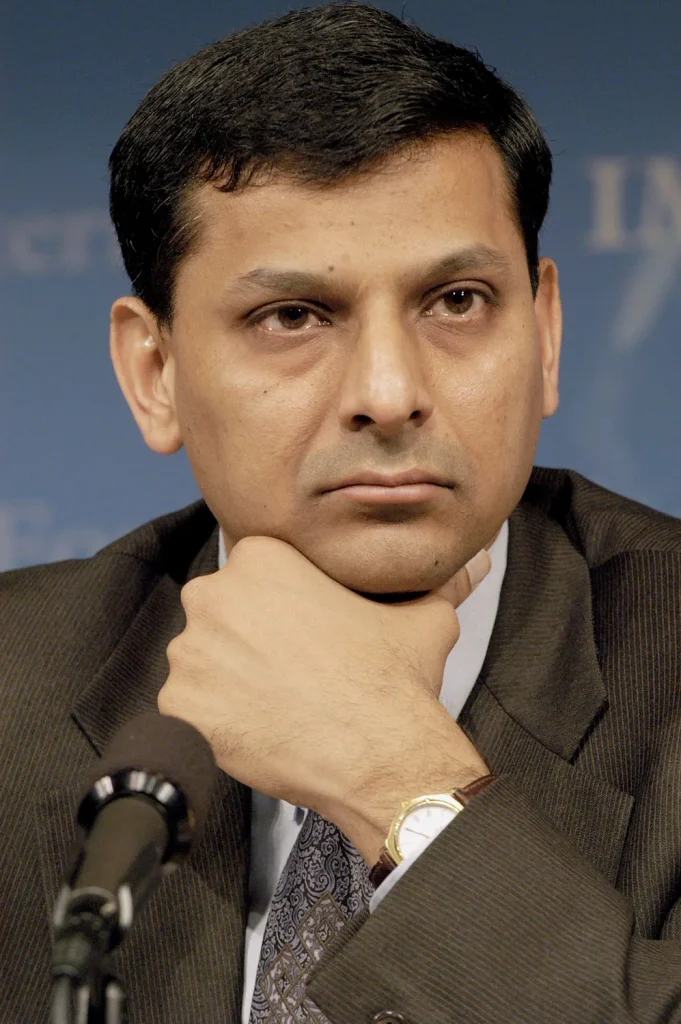
Image Source: IMF (Public Domain)
History: Born on February 3, 1963, Raghuram Rajan is a distinguished Indian economist known for his tenure as the 23rd Governor of the Reserve Bank of India from 2013 to 2016. He has made significant contributions to global economic thought and policy.
How it is celebrated:
- Academic Institutions: Universities and economic forums often host lectures and discussions highlighting Rajan’s contributions to economics.
- Media Features: Articles and interviews are published, reflecting on his insights and impact on both Indian and global economies.
- Social Media Tributes: Economists and admirers share quotes and anecdotes, celebrating his legacy.
💡 Fun Fact: Raghuram Rajan was among the few who predicted the 2008 financial crisis, showcasing his foresight in economic matters.
Arrival of the Simon Commission (1928)
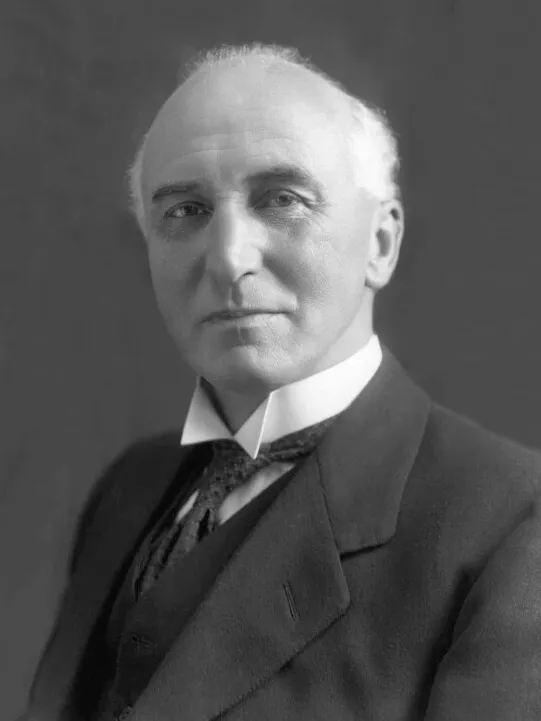
Image Source: National Portrait Gallery, London (Public Domain)
History: On February 3, 1928, the Simon Commission, a group of seven British Members of Parliament, arrived in India to propose constitutional reforms. Notably, the commission included no Indian members, leading to widespread protests and the rallying cry, “Simon Go Back.”
How it is commemorated:
- Educational Programs: Schools and colleges conduct seminars and reenactments to educate students about this pivotal event in India’s freedom struggle.
- Public Discussions: Historians and scholars engage in debates and discussions about the impact of the Simon Commission on India’s path to independence.
💡 Fun Fact: The protests against the Simon Commission led to the formation of the Nehru Report, outlining a proposed constitution for India.
Launch of India’s First Electric Train (1925)

History: On February 3, 1925, India’s first electric train service commenced, running between Bombay’s Victoria Terminus and Kurla, marking a significant advancement in the nation’s railway infrastructure.
How it is commemorated:
- Railway Exhibitions: The Indian Railways organizes exhibitions showcasing the evolution of train technology in India.
- Media Features: Documentaries and articles highlight this milestone, reflecting on the progress of railway electrification.
💡 Fun Fact: The initial electric train service covered a distance of 16 kilometers and was a precursor to the extensive electrified railway network India boasts today.
World Read Aloud Day
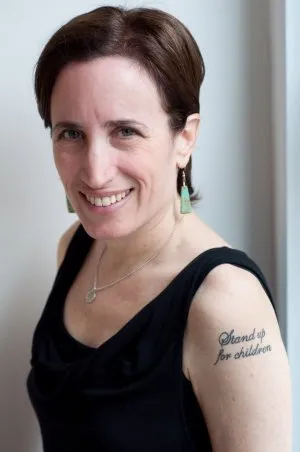
Image Source: LitWorld
History: World Read Aloud Day was launched in 2010 by LitWorld, a non-profit organization that promotes literacy worldwide. The day highlights the power of storytelling and reading aloud to children and adults alike.
Founder: Pam Allyn, founder of LitWorld, initiated this day to advocate for literacy as a fundamental human right.
How it is celebrated:
- Schools and libraries host read-aloud sessions to encourage a love for reading.
- Authors and celebrities participate in virtual and live storytelling events.
- People share their favorite read-aloud moments on social media using #WorldReadAloudDay.
💡 Fun Fact: Reading aloud improves memory, comprehension, and emotional intelligence—so grab a book and start reading!
National Women Physicians Day
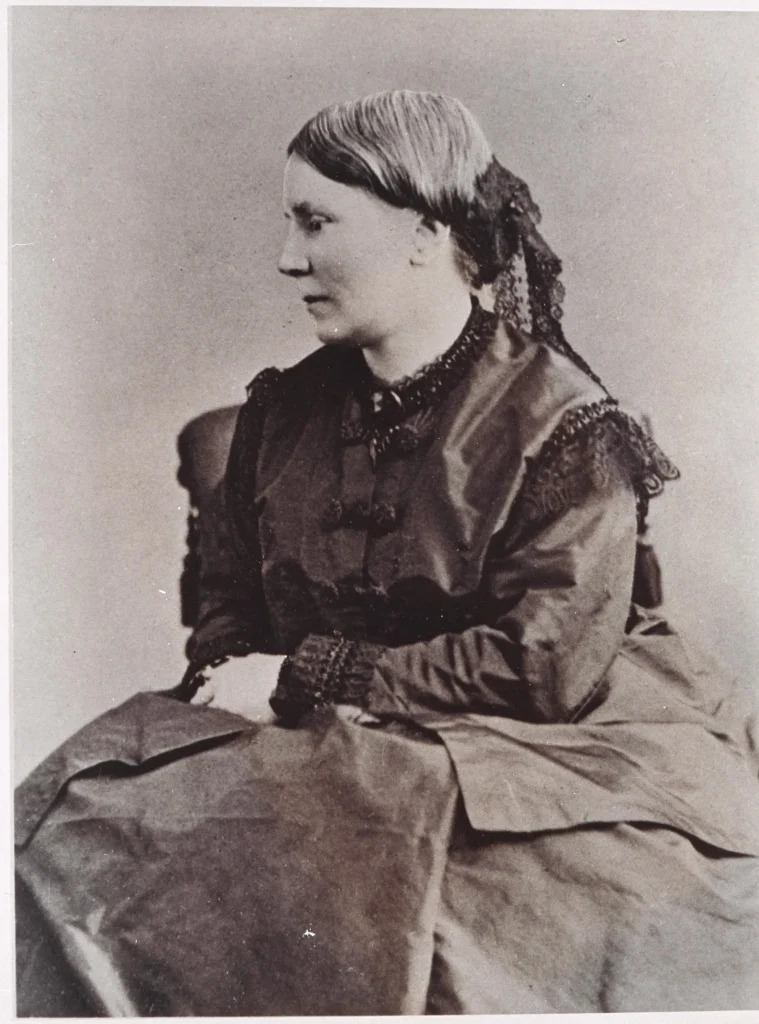
Image Source: Flickr (Public Domain)
History: This day honours Dr. Elizabeth Blackwell, the first woman to receive a medical degree in the U.S. in 1849. It celebrates the contributions of female doctors in healthcare.
Founder: The American Medical Women’s Association (AMWA) established the day in 2016 to support gender equality in medicine.
How it is celebrated:
- Medical institutions highlight the achievements of female doctors.
- Social media campaigns promote women in medicine using #WomenPhysiciansDay.
- Scholarships and mentorship programs support aspiring female doctors.
💡 Fun Fact: Dr. Elizabeth Blackwell applied to multiple medical schools and was rejected by all but one—Geneva Medical College—where she was accepted as a joke!
The Day the Music Died
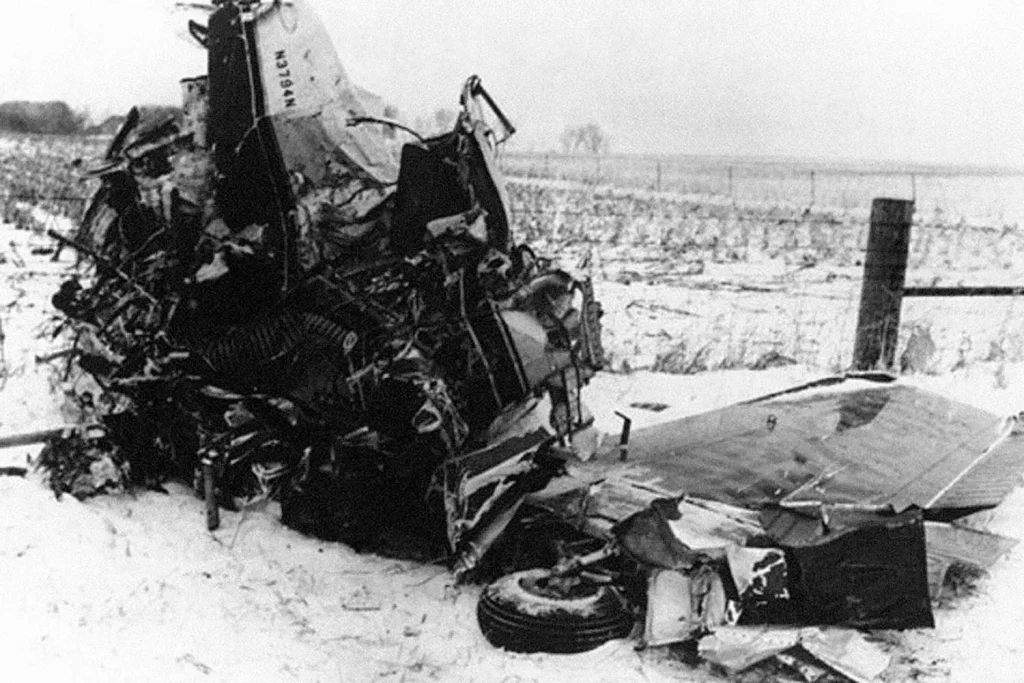
Image Source: United States Department of Transportation (Public Domain)
History: On February 3, 1959, musicians Buddy Holly, Ritchie Valens, and The Big Bopper tragically died in a plane crash in Iowa. This day became known as “The Day the Music Died”, a phrase popularized by Don McLean’s song “American Pie.”
Founder: While not an official holiday, it is observed by rock and roll fans worldwide.
How it is remembered:
- Fans listen to songs by Buddy Holly, Ritchie Valens, and The Big Bopper.
- Radio stations air tributes and documentaries about the rock and roll legends.
- Pilgrimages are made to the crash site in Clear Lake, Iowa.
💡 Fun Fact: Ritchie Valens wasn’t supposed to be on the plane—he won his seat in a coin toss!
Four Chaplains Day
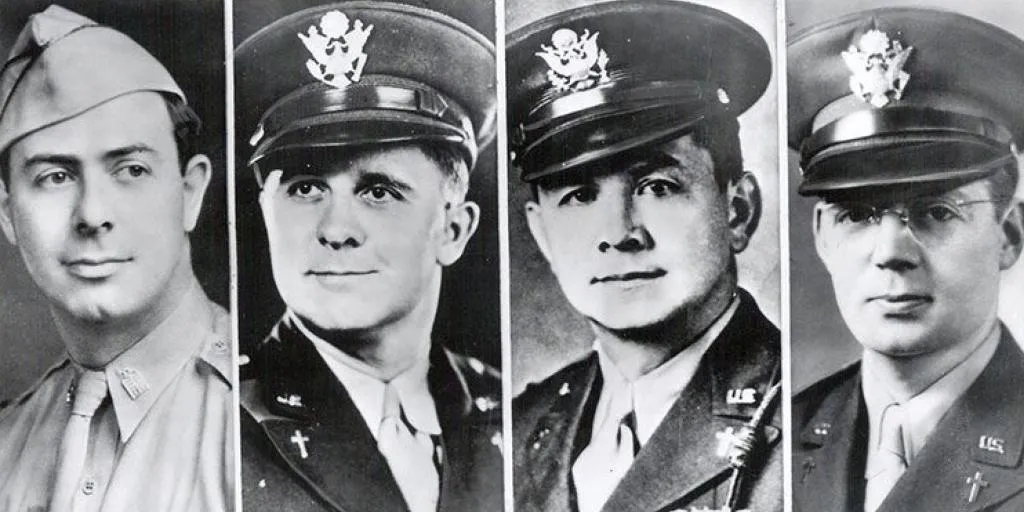
Image Source: US Department of Veteran Affairs
History: This day honours four U.S. Army chaplains who gave their lives during World War II when the USS Dorchester sank on February 3, 1943. They gave up their life jackets to save others, sacrificing themselves.
Founder: The U.S. Congress officially recognized the day in 1988.
How it is commemorated:
- Military ceremonies pay tribute to the bravery and unity of the chaplains.
- Churches and veteran groups hold remembrance services.
- Schools discuss stories of heroism and selflessness.
💡 Fun Fact: The four chaplains came from different faiths (Catholic, Protestant, Jewish), yet stood together in their final moments.
Golden Retriever Day

Image Source: OneHope
History: Established in 2012 by Kristen Shroyer, this day celebrates one of the most friendly and loving dog breeds—the Golden Retriever.
Founder: Kristen Shroyer, a Golden Retriever enthusiast, created the day to honour these beloved pets.
How it is celebrated:
- Dog lovers share photos and videos of their Golden Retrievers.
- Pet shelters host adoption drives and fundraising events.
- Parks and dog cafés organize special meet-ups for Golden Retrievers and their owners.
💡 Fun Fact: Golden Retrievers are known for their “soft mouth”—they can carry an egg without breaking it!
Carrot Cake Day
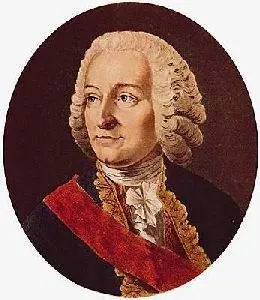
Image Source: Findagrave
History: Carrot cake became popular in the 1940s and 1950s when bakers used carrots as a natural sweetener during sugar shortages.
Founder: Though its exact origins are unknown, the tradition of carrot cake dates back to medieval Europe.
How it is celebrated:
- Bakeries and cafés offer special carrot cake flavours.
- Home bakers try new carrot cake recipes with creative twists.
- Some people organize carrot cake bake-offs.
💡 Fun Fact: The largest carrot cake ever made weighed 4,210 pounds (1,910 kg)!
February 3 holds a special place in India’s history, marked by significant events such as the birth of a prominent economist, the arrival of a controversial commission, and the launch of technological advancements in transportation. These events are commemorated through various educational and cultural activities, reflecting the nation’s rich historical tapestry.
Keep Exploring Important Days
January
February
Stay Curious:


 One app for all your study abroad needs
One app for all your study abroad needs











 60,000+ students trusted us with their dreams. Take the first step today!
60,000+ students trusted us with their dreams. Take the first step today!